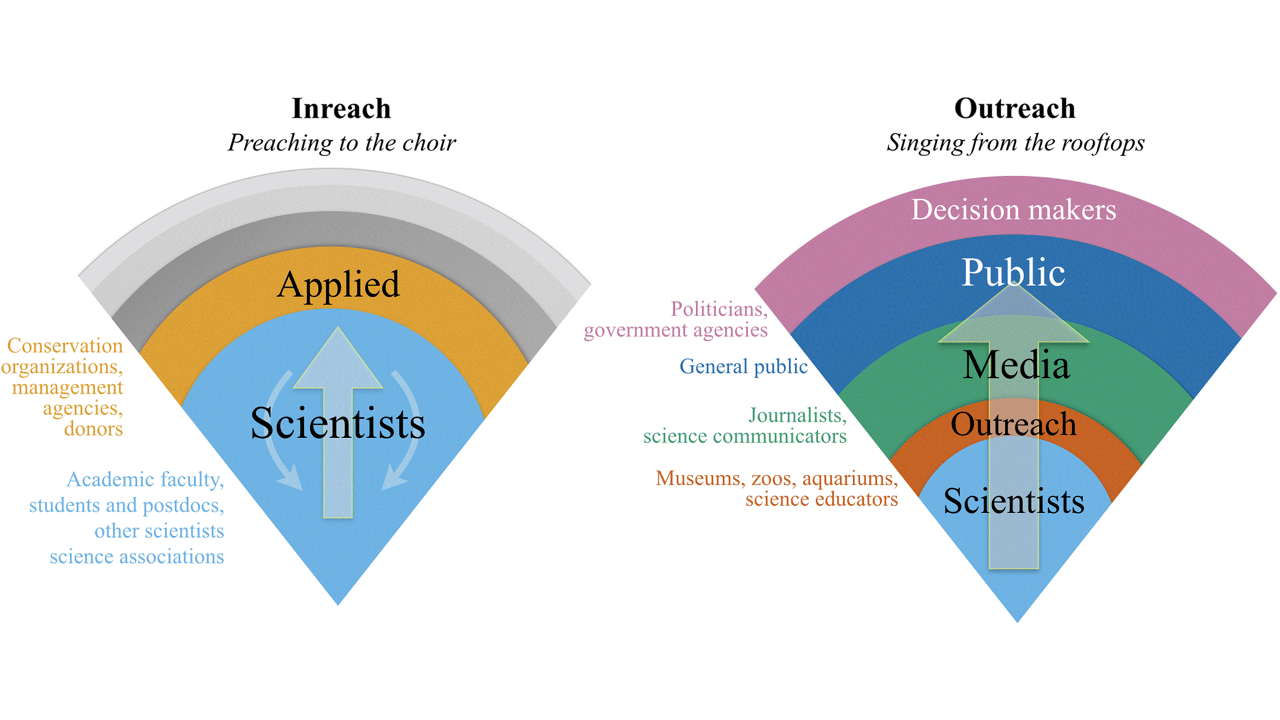social media
-
Brain power

The problem of living inside echo chambers
Do social media feeds limit people’s ability of being exposed to a wider variety of views?
-
Brain power

Merchants of misinformation are all over the internet. But the real problem lies with us
Social media giants such as Facebook have been blamed for helping spread misinformation. But the problem runs deeper than that.
-
2018’s top 100 journal articles

Scientists on Twitter: Preaching to the choir or singing from the rooftops? [Top 100 journal articles of 2018]
The value and impact of social media is an important topic in the research community. This study shows that scientists…
-
Brain power

Critical Eye: The damage of “science by media release”
The publication of a media release about a scientific study when the study itself is not generally available to read…
-
Brain power

Does social media harm the academic performance of students?
To try and arrive at a definitive answer, researchers have conducted a meta-analysis of nearly 60 studies on the topic.
-
2017’s top 100 journal articles

Social Media Use and Perceived Social Isolation Among Young Adults in the U.S.
Is the recent rise in social media use associated with alleviated perceived social isolation, or, conversely, with increased perceived social…
-
Systems & complexity

Mapping the conspiracy theory networks of mass shooting events
When a recent study mapped mass shooting conspiracy talk, it found an emerging alternative online media ecosystem of surprising power…
-
Community

Editorial: Do lobby groups and political parties stage fake front group campaigns?
A newspaper article has accused an anti-Safe Schools advocate of staging a fake front group campaign on behalf of the…
-
Systems & complexity

Is the use of social network sites in the workplace really a negative?
A recent paper asks if the negative assumptions about social network site use at work are supported by the evidence.
-
Brain power

How cyber troops are influencing what you think and know
A new working paper from the University of Oxford finds that "cyber troops" are a pervasive and global phenomenon.

